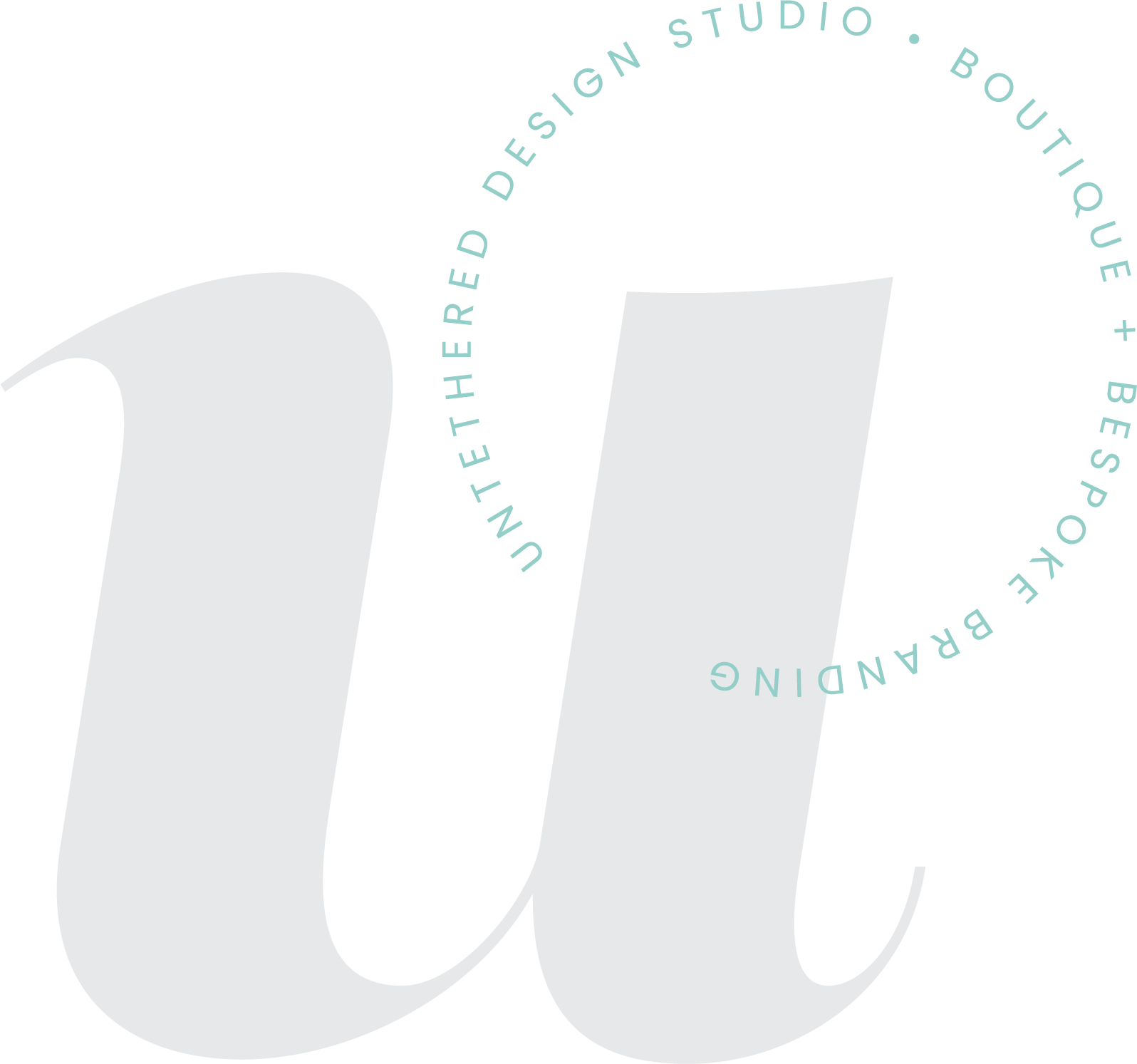3 things that I wish I knew as a young freelancer
This time in my career eight years ago, I had been a college grad for almost a year. I was a fresh-faced 22-year-old, working as a contract designer for the Ohio Farm Bureau Federation (the parent company of Nationwide Insurance) where I had spent the previous summer as in intern. I had also just completed a separate design internship with the Columbus Blue Jackets, an NHL team, located in downtown Columbus, just around the corner from OFBF.
And, while I was working both of the above jobs, I was spending my late nights freelancing — trying my hand at building a list of clients who would pay me to do design work for them. I took any and every single project that came my way. I was eager to grow, willing to design anything and building up my savings account. Not bad for 22 — and today, I am really proud of myself for working that hard back then. While I have no regrets and learned so much about myself and the kind of work that I wanted to do and become known for, I also learned how not to do a few things. I’ve outlined these below — leave a comment at the end of this post and let me know which ones you can relate to!
1. Don’t work SO much for free.
Work for free if you feel strongly about the cause or project, or if you’ll get good exposure and overall experience. And, if you can afford to. Hopefully you already have a full-time job or internship that pays and you do not have to scrimp and save literally every penny to pay your rent that month. But, don’t work for free EVERY single time. Maybe you’re trading your services for another hopeful entrepreneur’s services and helping each other. That can be fine. However, there are people who will try to take advantage of you being fresh out of college, young and “looking for experience.” You don’t have to charge high premium prices until later down the road, but definitely charge something to make it worth your time. After all, you are educated or trained in some way and you’ve invested in yourself and your budding business. Don’t let people walk all over you. I once traded business card design work for pizza gift cards. And, while the client was perfectly lovely and enjoyable to work for, I would probably tell my 22-year-old self to not do that again.
2. The work will be there tomorrow.
There are only so many hours in the day. You can’t be everywhere and everything to everyone. I would often work my 9-5 design job, come home and take care of my horses or spend some time with family and friends — and then stay up super late doing freelance work for the client base that I was building on the side. While I’m glad to an extent that I did that — because it showed me that I was driven and passionate (and several of those same clients are still with me today) — I also stressed myself out. And, I didn’t get enough sleep, which led to a lack of productivity at my “real job” the next day. Not smart.
3. Start putting systems in place now that will benefit you later.
I used to create individual invoices for each client, at the completion of each project. To this day, I still have several hundreds of those InDesign files and PDFs. It used to take up so much time! Now, I use FreshBooks, an online accounting system that lets me more easily and quickly send invoices and track my expenses. This helps me to stay more organized and take care of my tax prep more efficiently, at the start of each new year. To this, I would have also setup a PayPal account back then, so that people could have paid me quicker, instead of always having to wait on checks to arrive in the mail. I had a simple portfolio site to show off my work and explain who I was, but I never had a really nice website that I liked directing people to. My advice is to start now and setup a website that you’re proud of — AND start blogging and working to build an e-mail list — a community of followers who want to see what you’re up to, how you can help them and will possibly buy from you later. I’m still getting the hang of taking care of these platforms now, but I could have started a few years back and been further along now. Finally, establish your own branding. This way, you look more legitimate and professional and people take you more seriously — they won’t just look at you as another post grad paying their dues. (Because although you are, you are also an educated and formally trained professional. Don’t ever forget that!)

